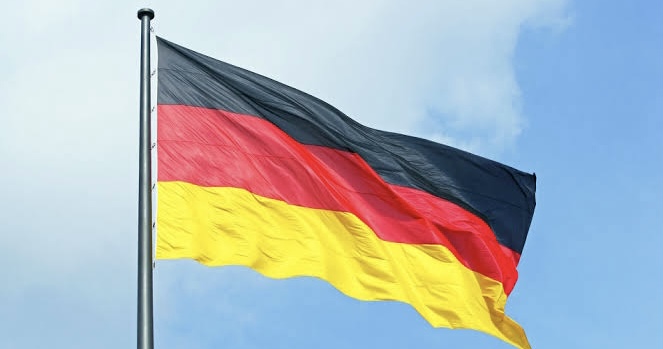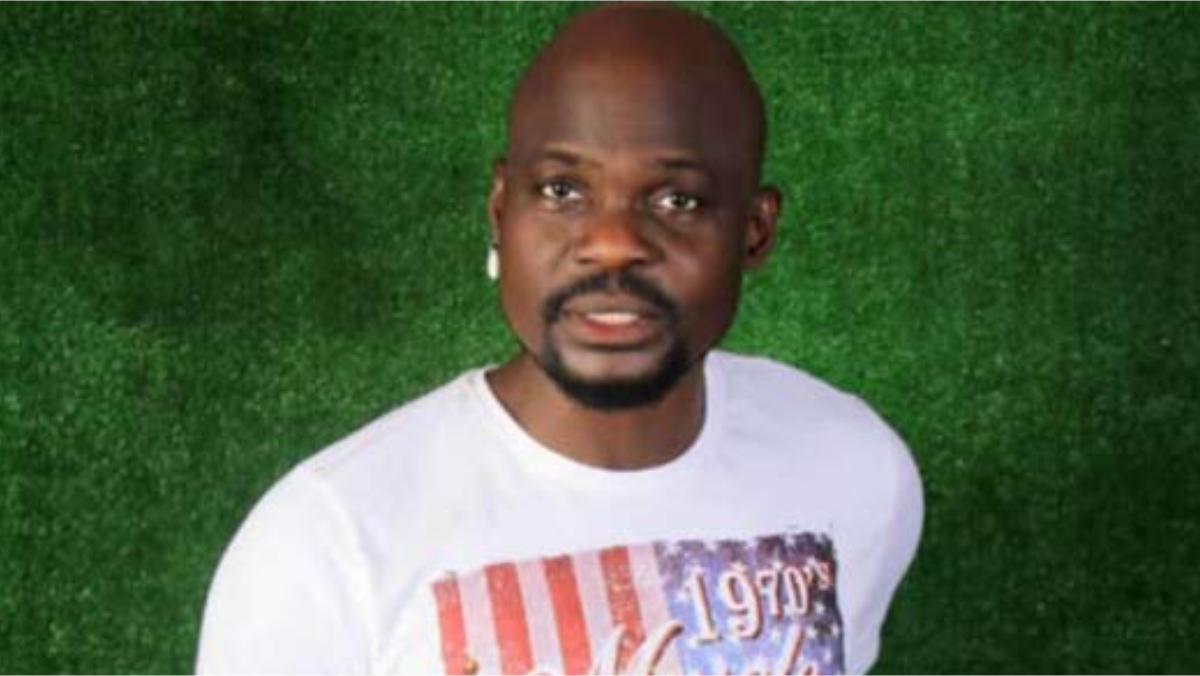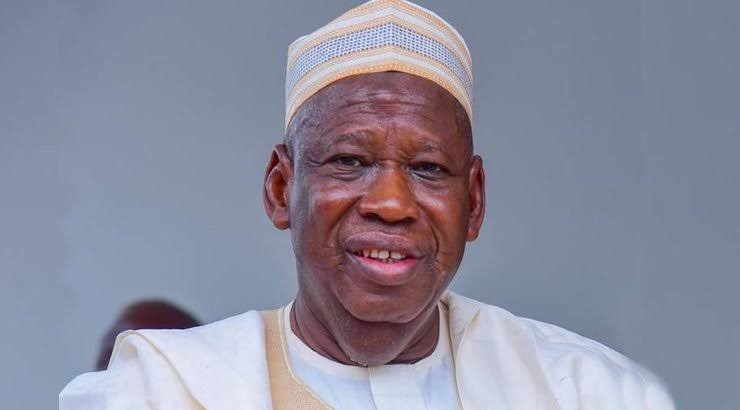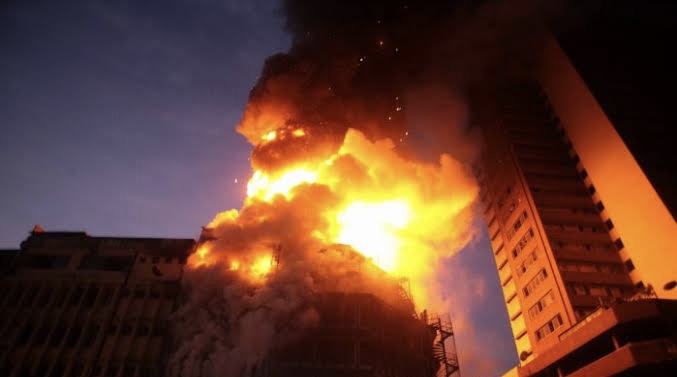Ethiopian conflict and abrogation of AU mandate by Commission chairperson

The Ethiopian civil war broke out following the November 4 attack by Tigray regional forces on the base of federal troops in Mekelle, capital of the northern Ethiopian regional state. Although the relationship between Addis Ababa and Mekelle has been strained since the transition that saw Prime Minister Abiy Ahmed come to power in 2018, few expected the build-up of tensions to erupt at the time and in the form that it did.
Sudan’s Prime Minister Abdalla Hamdok, who is also the current chair of the Intergovernmental Authority on Development (IGAD), was among the first to try and mediate the tensions. After repeated effort to secure an end to the fighting and find a peaceful resolution to the conflict, Abdalla Hamdok succeeded in making the issue an IGAD agenda. As IGAD chairperson, he convened the 38th Extraordinary Summit of the regional body to discuss the internal conflict in Ethiopia among other pressing developments across the region. Abdalla Hamdok stated that IGAD principles included ‘the peaceful settlement of conflicts and the maintenance of regional peace, stability and security’, which he called on his fellow leaders to uphold.
The clear pursuit of peace in that Summit was, unfortunately, undermined by the very person who should have been on the forefront of the effort from the outset, the Chairperson of the African Union Commission, Moussa Faki Mahamat. Contrary to any credible peace initiative and in contravention of his mandate to promote regional security and stability through non-violent resolution of conflicts, Mahamat’s opening statement at the 38th IGAD summit in Djibouti was a blatant partisan endorsement of one side to the conflict. He stated, ‘In Ethiopia, the federal government took bold steps to preserve the unity, stability and respect for the constitutional order of the country, which is legitimate for all states.’ He then called on IGAD to assist in attending to the consequent humanitarian challenges.
In taking the position that he did, the AU Commission chairperson contradicted African Union Chair of 2020, President Cyril Ramaphosa of South Africa, and openly undermined his efforts to expeditiously silence the guns. Ramaphosa had appointed esteemed African former heads of state, Ellen Johnson Sirleaf of Liberia, Joaquim Chissano of Mozambique and Kgalema Motlanthe of South Africa, who travelled to Addis Ababa in an effort to deescalate tensions and help set Ethiopia on the path toward a peaceful settlement. At the conclusion of the envoys’ mission, Ramaphosa and the AU reaffirmed commitment to see the conflict resolved.
As the Chairperson of the Commission (in other words secretariat or even service provider) of the AU, Mr. Mahamat disregarded and violated international conventions and legal instruments that address the need to settle violent conflicts peacefully. He disregarded, among many other instruments, the Refugee Convention and Genocide Convention, that enjoin the international community and especially, in this case the AU and its Commission, to prevent and stop genocide and mass atrocities. For the principle of ‘Sovereignty’ should not precede or outweigh such actions and responsibilities.
The AUC Chairperson’s stand also violates the letter and spirit of African Union and IGAD constitutive documents and numerous subsequent resolutions, conventions and memoranda of understanding that give precedence to peaceful resolution of conflicts. He has especially injured African Union’s promise of ‘Ending all wars, civil conflicts, gender-based violence, violent conflicts and preventing genocide in the continent by 2020.’
Armed conflicts have complex causes and their twists and turns are often unpredictable. That is why those working for peaceful resolution of conflicts do not commit to any specific course beyond the expressly stated pursuit of peace. More specifically, the ongoing Ethiopian civil war had an international dimension from the outset and immediately brought about serious humanitarian crisis.
To begin with, not only was Eritrea involved in the Ethiopian conflict from the start, but it has also been part and parcel of the conflict dynamics of the past two and half years. There are also unconfirmed reports that Eritrea-based foreign drones (be it surveillance or combat) have been deployed on the Ethiopian government side. Second, more than 50,000 Ethiopian civilians fled their homes and country and became refugees in Sudan, further internationalizing the conflict.
Third, before the conflict erupted, close to a million people in Tigray depended on aid; of these close to 100,000 are Eritrean refugees in four UNHCR camps. In its most recent report, the United Nations Office for the Coordination of Humanitarian Affairs (OCHA) estimates that, following the outbreak of fighting, an additional 1.3 million people have been internally displaced and are in need of aid.
These figures, the overall precariousness of civilian lives across Tigray, and the Eritrean army’s entry into the refugee camps and brutalization of internationally protected refugees with impunity turned into a humanitarian crisis because of the near complete blockading of the region.
The limited relief that arrived in Tigray in mid-December far belies the fanfare surrounding it; and, however welcome, it remains inadequate to ameliorate the known situation, much less to reach vast swathes of Tigray deemed unsafe, hence inaccessible even for humanitarian purposes.
It is unconscionable for a leader of the pan-African organization to throw their hefty weight behind the war efforts of one or another party to an ongoing conflict of such magnitude, complexity and layered humanitarian tragedies. I cannot fathom why someone of Mahamat’s stature would undermine the very principles that the regional and continental bodies uphold and pursue. I would not wish to lend credence to unconfirmed rumours that corruption and considerations of re-election to office may have compelled the Chairperson to say what he did in Djibouti. Whatever the case may be, his statement on December 20th diminishes the Office of the AU Commission, sabotages the continental mission to ‘silence the guns’ and sullies the Union and erodes its image and practical significance as a credible partner for peace within and without the continent.
Given Ethiopia’s importance to peace and stability in the IGAD region and to the whole continent and given the conflict’s heavy toll and its ongoing escalation and internationalization, Chairperson Moussa Faki Mahamat’s incendiary remarks warrant censure. That is reason enough for him to not seek a second term (resignation would be superfluous because his current term ends early in 2021). Should he seek reelection, however, granting him his wish sends the wrong message about African priorities in the 21st century. His reelection would undoubtedly stain the African Union in the eyes of ordinary Africans first and, secondly, its foreign partners.
Meanwhile, I remain hopeful that the wisdom and courage of the Ethiopian people will tear down the veil of this destructive war and that they will rise together to put an end to it because no one can win it but they all stand to lose.
We have recently deactivated our website's comment provider in favour of other channels of distribution and commentary. We encourage you to join the conversation on our stories via our Facebook, Twitter and other social media pages.
More from Peoples Gazette

Politics
Katsina youths pledge to deliver over 2 million votes to Atiku
“Katsina State is Atiku’s political base because it is his second home.”

Economy
Naira loses 5.3% against dollar at official market
At the Investor’s and Exporter’s (I&E) window, the naira traded between N1,317.00 and N1,000.00 against the dollar.

World
Germany has world’s highest leadership approval rating; Russia lowest: Report
Germany boasts of a 60 per cent leadership approval rating, a significant increase from 2023 approval ratings, which stood at 46 per cent.

Showbiz
Sexual Assault: Appeal Court reserves judgment as Baba Ijesha challenges conviction
Baba Ijesha, in his notice of appeal marked CA/LAG/CR/544/23, asked the appellate court to set aside the lower court’s judgment.

Sport
Goals rain as Arsenal demolish miserable Chelsea to keep title hope alive
The Gunners easily tore through Chelsea’s defence line, scoring 5 to set a new record against London rival.

Politics
Ganduje lauds Ododo for ‘good job’ in Ondo APC governorship primary
Mr Ganduje gave the commendation when he received the state governorship primary election committee report from Mr Ododo in Abuja on Tuesday.

States
Fire guts office of Governor Soludo’s aide
A part of the office of the special adviser to Anambra governor on political matters, Alex Obiogbolu, was gutted by fire on Tuesday.








